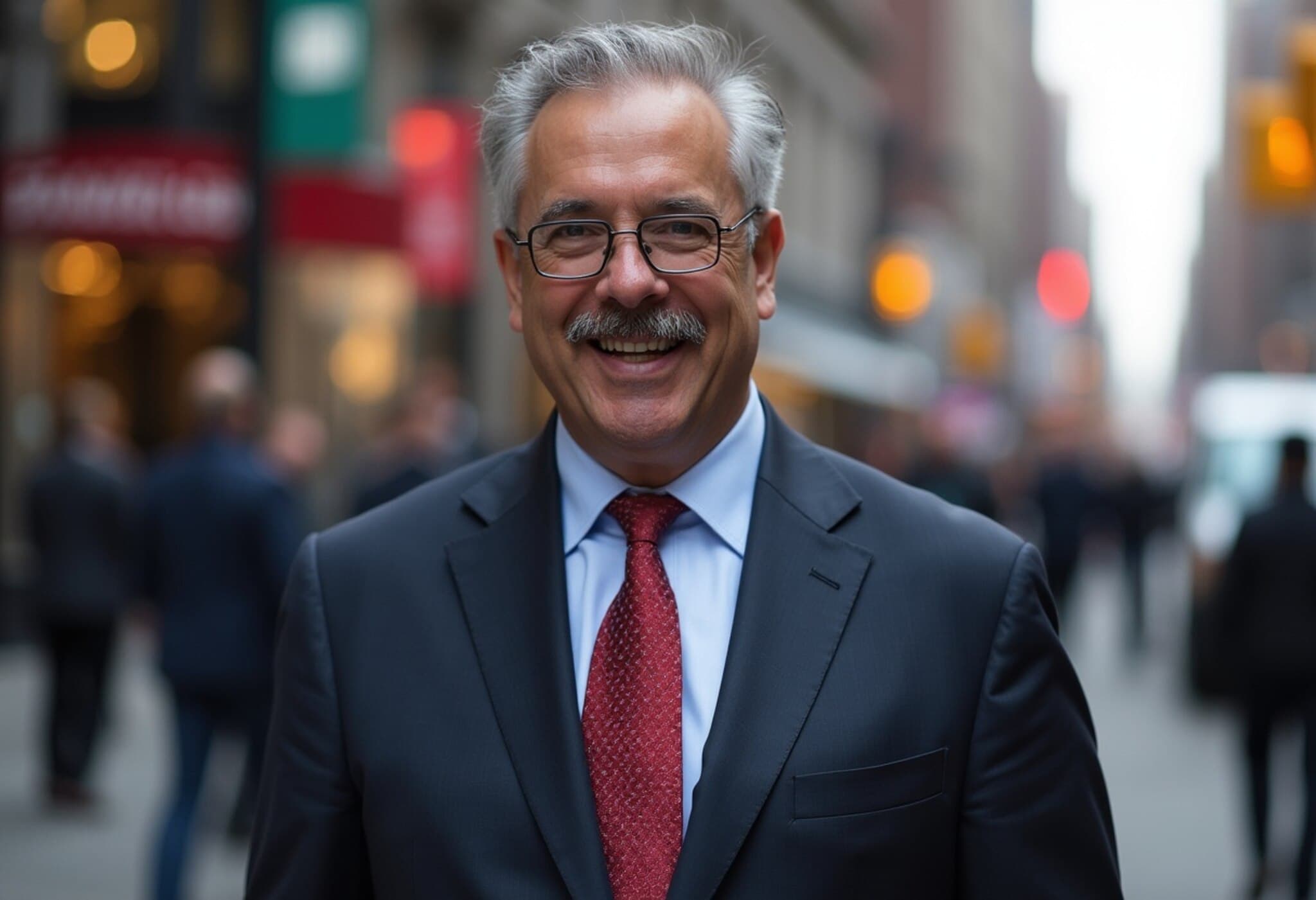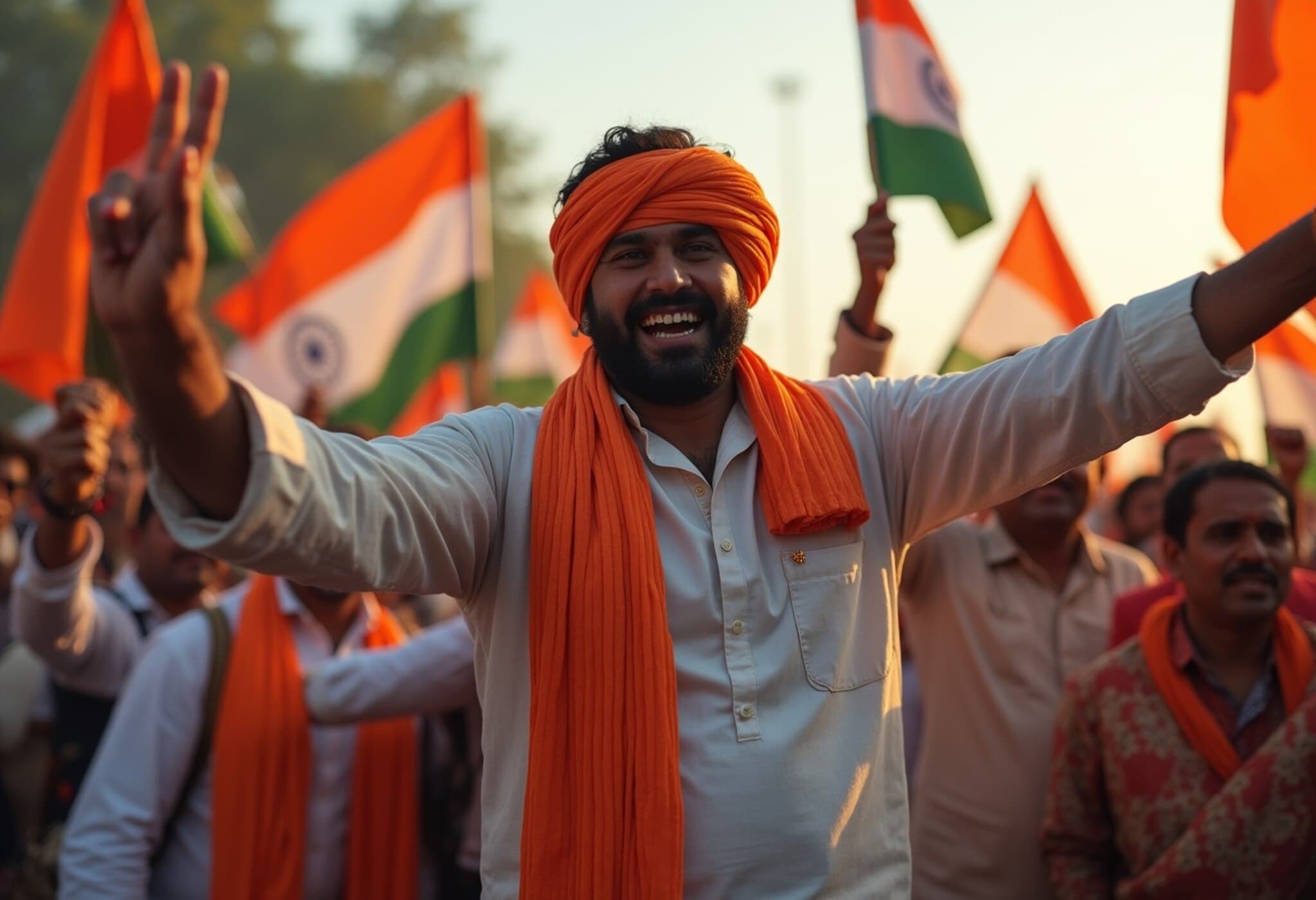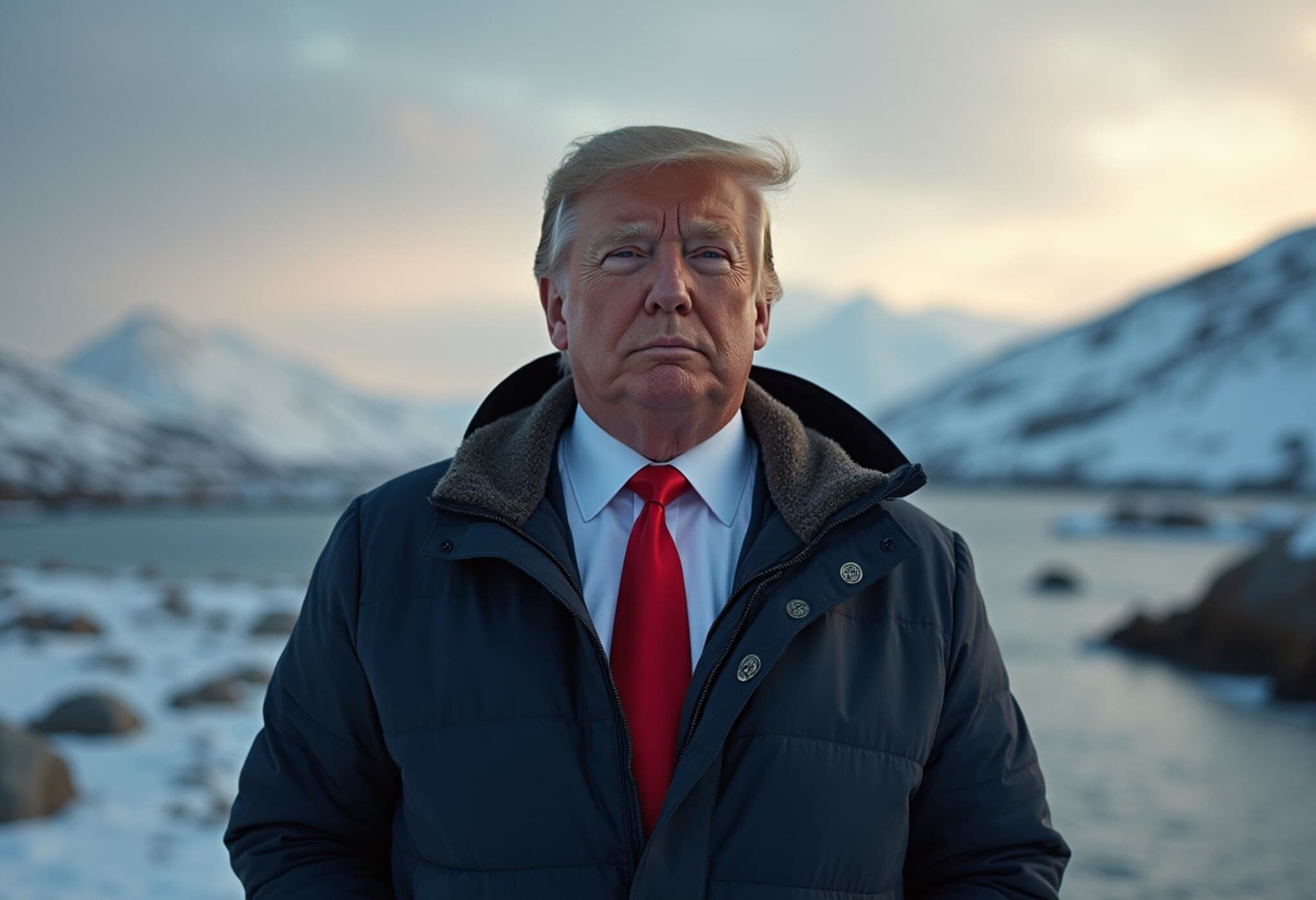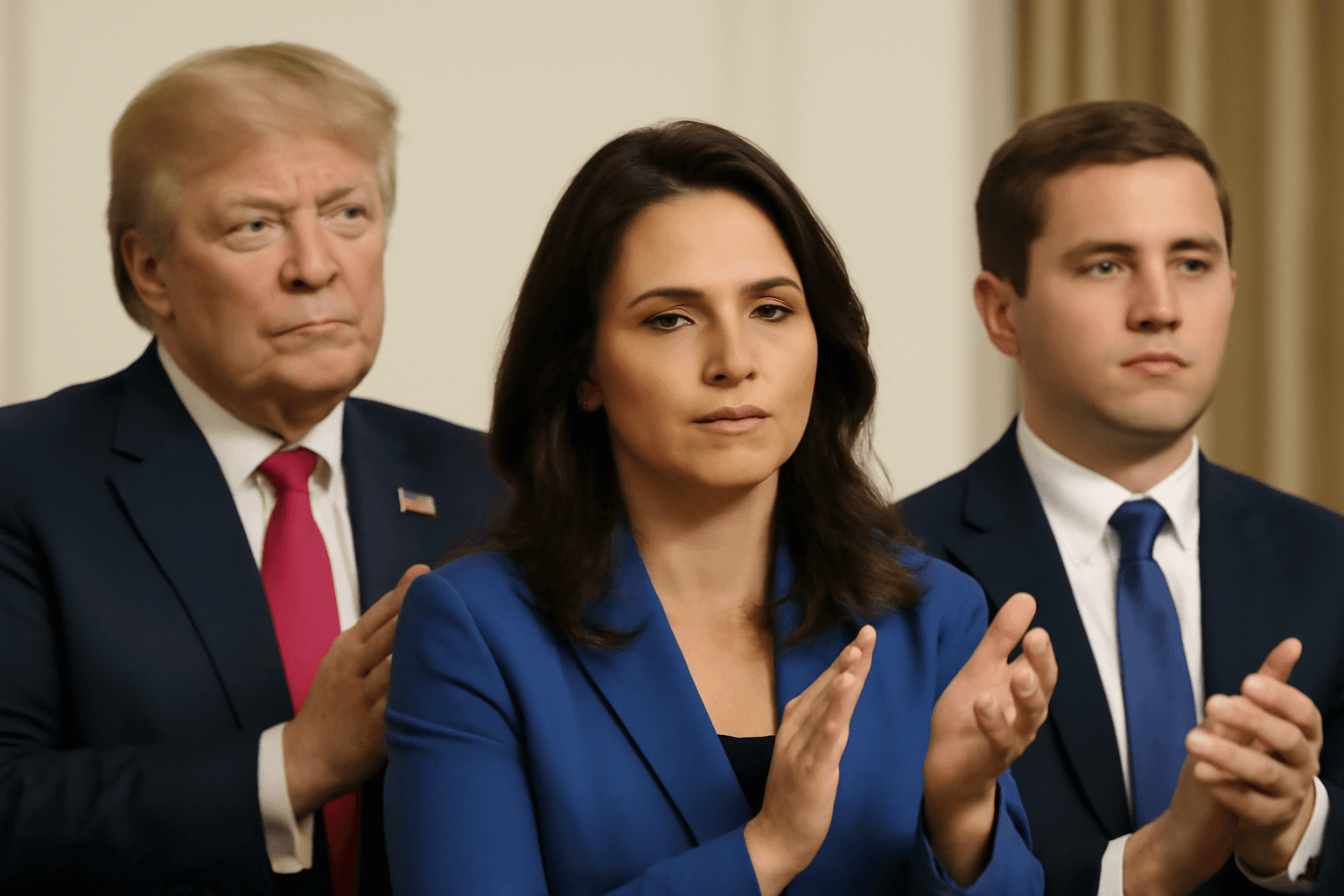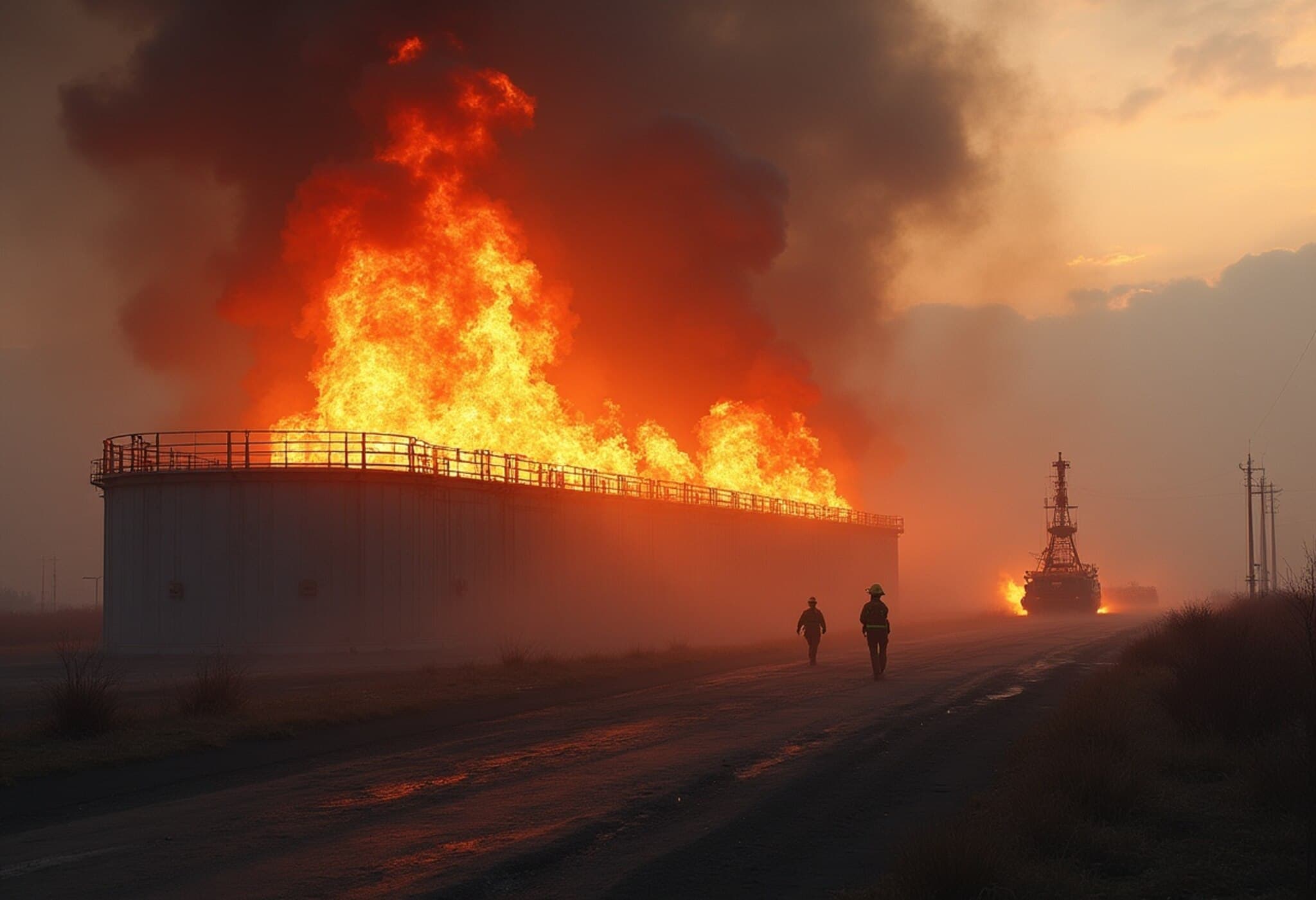Suspicion Over Eric Adams’ Re-Election Petition: Forged Signatures Uncovered
In a surprising development that casts a shadow over the New York City mayoral race, an investigation reveals that more than 50 signatures on Mayor Eric Adams’ petition to run as an independent in the 2025 November election appear to be fraudulent. The probe, carried out by Gothamist and reported by The Guardian, uncovered signatures including those of deceased individuals as well as claims from residents who say their identities were forged.
How Serious Is the Allegation?
According to election law requirements, any candidate seeking an independent spot on the New York City ballot must collect at least 7,500 valid signatures. While Adams’ campaign submitted an impressive nearly 50,000 signatures, far exceeding the minimum threshold, the discovery of invalid signatures raises questions about petition integrity and the campaign’s internal controls.
The investigation highlighted suspicious patterns: nine campaign workers submitted over 5,000 questionable signatures, with one collector reportedly pulling in over 700 signatures in a single day—an almost impossible feat without resorting to dubious methods. Additionally, strikingly similar handwriting was noted across multiple signatures within the same residential building, suggesting potential forgery.
Voices from the Community
Residents approached by Gothamist shared concerning stories of being misled into signing what they believed were standard documents, only to discover their names were used without consent. The inclusion of signatures from deceased individuals underscores the gravity of the allegations and invites scrutiny on how oversight mechanisms failed.
Campaign Response and Legal Perspectives
Mayor Adams’ legal representative stressed that there is no evidence the mayor himself directed any illegal activity and promised a thorough campaign audit to determine if corrective steps are necessary. As reported by The Guardian, the attorney remarked, "The campaign will determine whether any corrective action is warranted."
Election law veterans view such incidents seriously. Jerry Goldfeder, a seasoned expert in election law, cautioned that while invalid signatures are not uncommon, deliberate fraud can trigger criminal investigations and prosecutions. He told The Guardian, "Sometimes these cases are referred to the district attorney or the US attorney for prosecution."
Context: A Heated Race Amid Social Strain
These revelations arrive as Mayor Adams faces a fiercely competitive race against Democratic nominee Zohran Mamdani, Republican Curtis Sliwa, former Governor Andrew Cuomo, and ex-prosecutor Jim Walden, with both Cuomo and Walden also running as independents. The November election is taking place under intense public scrutiny following a tragic mass shooting in a Midtown office building earlier this week, where four people lost their lives.
In response to the recent violence and broader social concerns, Adams’ administration has urged New Yorkers to seek mental health support. Meanwhile, challenger Zohran Mamdani has worked to clarify his stance on policing, distancing himself from past calls to defund the NYPD by emphasizing a progressive, but pragmatic approach.
Why This Matters
Election integrity remains a cornerstone of American democracy, and forgery allegations potentially undermine public trust just as the city grapples with deep divisions and violence. The New York mayoral race is not only a political contest but a reflection of the city's resilience and the public’s desire for transparent, accountable leadership amid challenging times.
Editor’s Note
The discovery of forged signatures on Eric Adams’ petition spotlights the perennial risks in high-stakes elections: the tension between the need for broad voter support and the imperative to uphold ethical standards. In an era where misinformation and public skepticism run high, political campaigns must prioritize transparency and rigorous oversight of signature collections. For voters, these revelations serve as a reminder to stay vigilant about electoral processes that shape local governance and public safety. How will this issue affect voter confidence ahead of the November election? And what reforms might be needed to strengthen petition validation in New York City? These are questions both the public and policymakers should watch closely.

